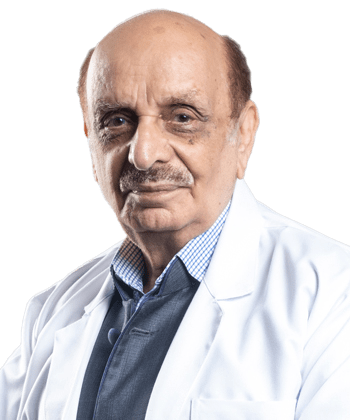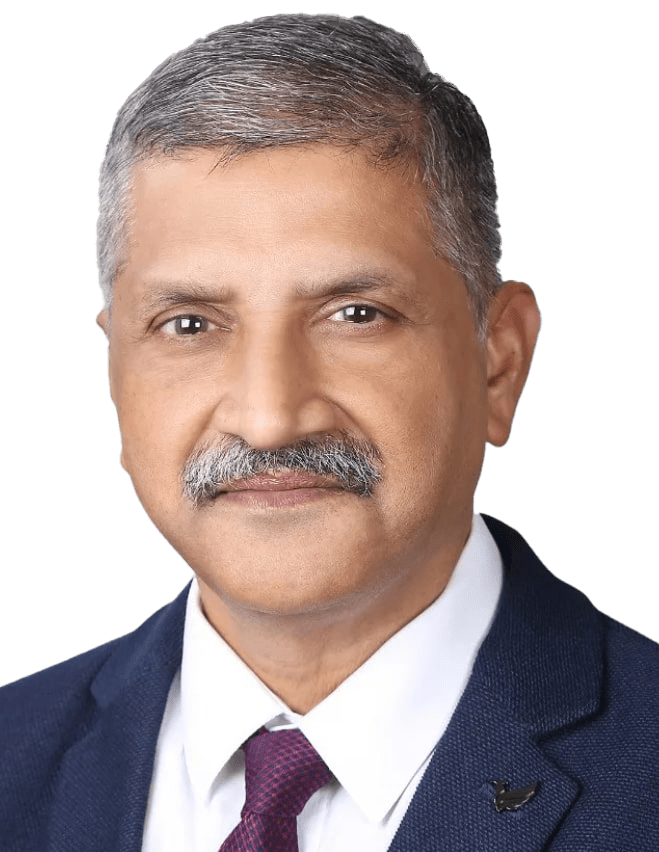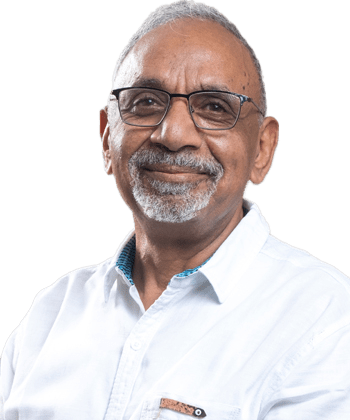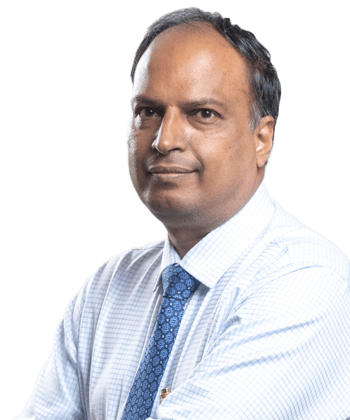 Dr. V.S. Madan
Dr. V.S. Madan
 Dr. Shankar Acharya
Dr. Shankar Acharya
 Dr. K.L. Kalra
Dr. K.L. Kalra
 Dr. Ajay Bhutani
Dr. Ajay Bhutani
 Dr. Ashish Goyal
Dr. Ashish Goyal
 Dr. R.S. Chahal
Dr. R.S. Chahal
 Dr. Chetan Ram
Dr. Chetan Ram
Welcome to the Sir Ganga Ram FNB Spine Fellowship Programme. Congratulations on being selected for this prestigious fellowship. This, as you all know, is a fully structured and monitored two years of training in spine surgery. The fellowship centres you have chosen or have been allotted to are one of the best training centres of spine training in India. Your training centres and your mentors have worked very hard to create a comprehensive training programme for you. This book has been made to guide you through the next two years as to what you are going to learn and what is expected of you. The book provides all the details of the centre you are going to join.
Use these two years well and work sincerely. Educate yourself as much as you can. I urge you all to take benefit of the webinars and courses that FNB organizes regularly. Present cases in the ward, Seminar, etc. Take up two to three research projects. This will help you to understand the science and philosophy of evidence-based medicine. Try to write 2–3 papers every year, and present cases in the local spine course and national and international events. Maintain a harmonious relationship with everyone in the department.
Spine surgery is intricate and the treatment of spinal diseases and related ailments is complex. The art of history taking and clinical examinations is probably as important as surgical techniques, so focus on all of them equally.
The idea is to have a sensible and safe spine surgeon at the end of the fellowship, who builds his/her practice sustainably based on evidence, with a clear understanding of his/her limitations.
The programme has following sections which will form the core pillars of training:
The syllabus should cover the full spectrum of spinal ailments as given below. Fellows are expected to cover the curriculum syllabus through various in house learning activities including powerpoint presentations of the syllabus topics and to document all teaching tool activities in the logbook.
Following is the list of topics which can be covered for PPT.
Spine examination:
Neurology examination:
Theory:
Exposures:
Recommended journals:
The case-based discussion (CBD) usually should require 10–20 minutes of one-on-one discussion between the trainee and mentors, and the whole process should take roughly 30–45 minutes. At least 2 case-based discussions should happen in a month. This will also be a part of the logbook and during exam viva he/she can be asked questions based on this.
The trainee should be prepared with a set of patients as representative of the topic of discussion, preferably admitted in the centre at the time and with whose care the candidate is signifi cantly involved. The supervisor may direct the trainee to assess a particular case for discussion and assessment.
Direct observation of procedural skills is aimed to assess and provide structured feedback about both knowledge and technical proficiency regarding a discrete procedural skill. There should be adequate exposure to all types of surgical procedures. It is mandatory for the fellow to acquire basic surgical skills to perform basic spine surgeries under supervision. The fellow should have assisted as fi rst assistant in all complex procedures. It will be again part of the logbook.
It is always helpful to take up a research project and produce a clinical paper out of it.
A suggested timeline is as follows:
The progress of your project should be updated and reviewed by the mentor once every 2 months. Further details regarding writing the protocol, preparation and submission of the project can be learnt from attending the research course, which is done at regular intervals.
The fellow is expected to complete at least one full research project leading to publication/submission in a pear-reviewed journal.
The fellow is expected to present at least one paper at a national spinal meeting. It is suggested that the fellow gains additional skill by attending cadaver workshops, sawbones workshops, and learning centre experiences. The centre usually organizes courses in-house and encourages participation as per the leave facility.
The fellows are expected to maintain a logbook, which includes details of the seminars and journal clubs presented, case-based discussions held with the mentor, conferences and workshops attended, papers presented at meetings and conferences and the surgical and other procedures they have been involved in. The procedure section should be labelled with observed, assisted, performed under supervision and performed independently depending on the level of involvement. The logbook should be countersigned by the mentor and produced at the exit exam for evaluation.
There should be a formative assessment test (FAT) every six months in the form of theory and case-based exam. End of fellowship evaluation will allow uniform core knowledge base, permit a complete assessment of a prospective surgeon’s understanding of spine principles, assure quality in spine care, and thereby permitting better public access to spine surgery specialists. This is coordinated by the FNB Board.
It is strongly recommended that the trainee after successfully completing the fellowship exam should be back for a formal discussion with mentor at 1 year of clinical practice. This will provide the valuable feedback to the mentor and the ASSI, so as to fine-tune the training programme. The trainee can take this opportunity to discuss challenges faced in early practice. He can seek advice on identifying any skill gaps and take appropriate remedial measures.
Clinical work
The fellows will work at the level of responsibility of a senior Registrar. They are responsible for the day-to-day management of patients under the care of the spinal unit, which includes attendance at outpatient clinics, ward rounds, and preoperative/postoperative meetings. In addition, the fellows will assist and perform surgeries at the discretion of the mentor. Fellows have a regular on-call commitment for acute spinal conditions.
It is expected that the fellow will be dressed appropriately when attending to patients and other clinical work. It is recommended that a formal shirt and trouser be worn, and jeans, and T-shirts (round neck/collared) be avoided. Closed formal footwear is recommended, unless otherwise approved by the mentor. The candidate should be appropriately groomed, and long hair, unkempt beard be avoided. Our local hospital guidelines are to be adhered to.
Following the rules and regulations of the hospital is mandatory. Hospital ID card is to be worn without fail. Please verify the manuals, SOPS and reference material whenever required. In case of any clarifications regarding the SOPS and policies, please contact the department secretary.